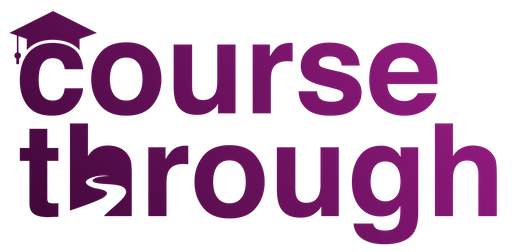Here is a short guide that we have curated to help with choosing the right course for you.
Choosing courses to study can be a deeply personal and impactful decision. Here are some practical and nuanced approaches to generating ideas for courses that align with your interests, goals, and aspirations:
1. Self-Assessment
Start with a thorough self-assessment to understand your strengths, weaknesses, interests, and values. Ask yourself:
- What subjects have always fascinated you?
- Which activities make you lose track of time because you enjoy them so much?
- What kind of work do you see yourself doing in the future?
2. Explore Current Trends
Look into current and future job market trends. Fields like data science, renewable energy, artificial intelligence, and healthcare are growing rapidly. Understanding these trends can guide you towards courses that will be valuable in the job market.
3. Consult with Mentors and Peers
Talk to mentors, teachers, and professionals in fields you’re interested in. Their insights can help you understand what courses might be beneficial. Peers can also provide valuable perspectives, especially if they share similar interests or have taken courses you’re considering.
4. Reflect on Past Experiences
Think about any internships, volunteer work, or part-time jobs you’ve had. What did you enjoy or dislike about these experiences? This reflection can help you identify courses that align with your career aspirations.
5. Attend Workshops and Seminars
Participating in workshops and seminars can give you a taste of different subjects without a long-term commitment. This exposure can spark interest in new areas and help you decide on courses that resonate with you.
6. Review Course Catalogs
Spend time reviewing the course catalogs of various educational institutions. Look at course descriptions, syllabi, and required readings. This can help you gauge your interest and determine if a course is a good fit for your learning style and goals.
7. Take Online Courses
Enroll in free or low-cost online courses on platforms like Coursera, edX, or Udemy. These courses can provide an introduction to different subjects, helping you to narrow down your interests.
8. Consider Interdisciplinary Studies
Sometimes, combining interests from different fields can lead to unique and fulfilling educational paths. For example, if you love technology and healthcare, courses in bioinformatics might be a great fit.
9. Think About Long-Term Goals
Consider your long-term career and personal development goals. What kind of skills and knowledge will you need to achieve them? This can help you select courses that provide the foundation you need for future success.
10. Follow Your Passion
Lastly, don’t forget to follow your passion. While it’s important to be pragmatic, pursuing courses that genuinely interest you will make your educational journey more enjoyable and fulfilling.
By considering these approaches, you can generate a list of potential courses that not only match your interests but also support your long-term aspirations.



Leave a Reply